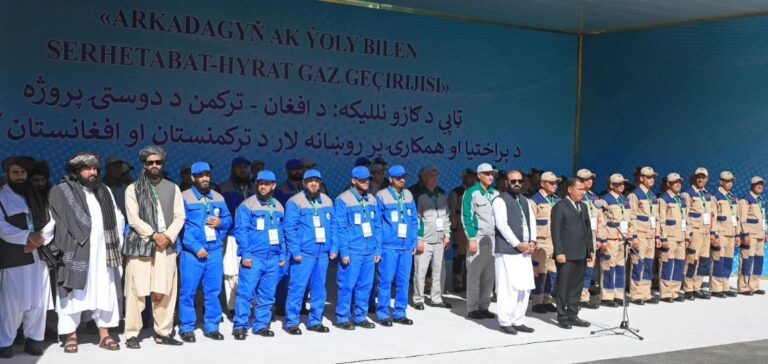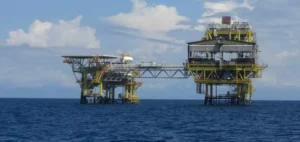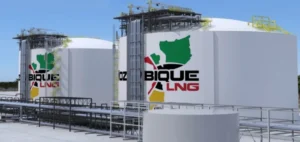The Turkmenistan-Afghanistan-Pakistan-India (TAPI) gas pipeline enters a decisive phase with the start of construction work in Afghanistan.
The project, valued at $10 billion, aims to transport 33 billion cubic meters of natural gas a year from Galkynysh, one of the world’s largest gas fields in Turkmenistan.
By crossing Afghanistan, Pakistan and India, TAPI aims to diversify energy routes and strengthen regional integration.
A long-awaited energy integration project
Conceived in the 1990s, TAPI is experiencing delays due to conflicts in Afghanistan and political tensions between the countries involved.
The pipeline route covers some 800 km of Afghan territory, passing through Herat and Kandahar before reaching Quetta in Pakistan and Fazilka in India.
The launch ceremony took place in Islim Cheshma, and was attended by Afghan and Turkmen authorities.
Turkmen President Serdar Berdimuhamedow emphasized the economic benefits for the partner countries and the region.
Financial Challenges and Geopolitical Issues
Financing for the pipeline remains uncertain.
Initial estimates relied on investments from international companies and bank loans, but the current situation complicates access to funds.
Industry experts, such as Swapnil Babele of Rystad Energy, expect further delays and predict that the pipeline will only be commissioned within the next decade.
The project will depend on regional stability and the ability of stakeholders to guarantee safety along the route.
Resources and Export Diversification
For Turkmenistan, TAPI represents a strategic alternative for diversifying its gas exports, currently dominated by China.
The project offers a more affordable supply of natural gas than liquefied natural gas (LNG), and ensures regular deliveries to the Pakistani and Indian markets, which will each receive 42% of gas volumes.
Afghanistan, despite its diplomatic isolation and economic sanctions, stands to benefit from transit fees of around $500 million a year.
Related Projects and Regional Development
Alongside the launch of TAPI, bilateral projects such as a fiber optic line to Herat, a power line and a railway bridge are also being promoted to strengthen regional infrastructure.
These initiatives aim to maximize the pipeline’s impact by improving connectivity and supporting economic exchanges between the countries concerned.
Future prospects and challenges
Although TAPI offers growth opportunities for partner countries, the challenges remain numerous.
Security in Afghanistan, clarity of funding and tense diplomatic relations between India and Pakistan influence the project’s timing and feasibility.
While Afghanistan is positioning itself as a potential energy corridor, effective implementation of TAPI will require concerted efforts to overcome these obstacles.






















